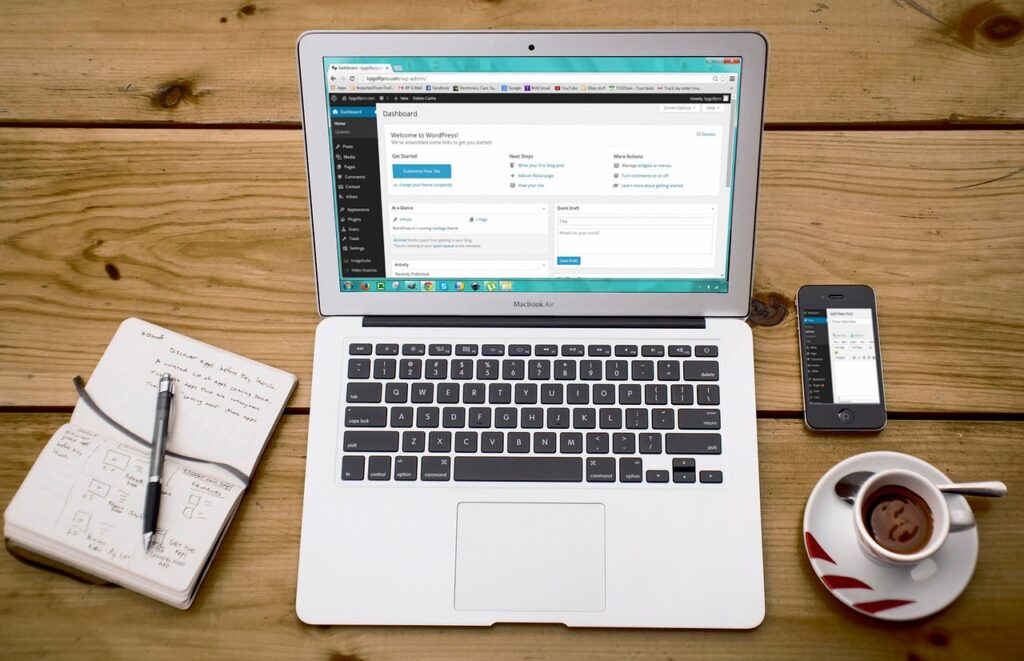How to Start Freelance Writing for Beginners (No Experience Needed)
Are you dreaming of becoming a freelance writer but worried about your lack of experience? You’re not alone. Thousands of successful freelance writers began their journey from scratch without a degree, portfolio, or clients. The good news? You can do it too.
In this complete guide, we’ll walk you through how to start freelance writing with no experience, covering step-by-step strategies to build your writing skills, find your first clients, and grow your income as a beginner.

Why Freelance Writing Is the Perfect Career for Beginners
Freelance writing is one of the most flexible, accessible, and rewarding online careers today. Whether you’re a student, stay-at-home parent, or working full-time, you can start freelance writing on your own schedule.
Key Benefits of Freelance Writing
- No degree or certification required
- Work from anywhere with a laptop and Wi-Fi
- Choose your own clients and rates
- Endless niches to write about
- Great potential for income growth
Even if you have zero experience, you can learn, practice, and earn at the same time. Let’s explore how.
Step 1: Understand What Freelance Writing Is
Before jumping in, it’s important to know what freelance writing actually involves.
Freelance writing means providing written content for businesses, blogs, websites, or individuals without being an employee. You’re a self-employed contractor who gets paid per article, per word, or per project.
Common Types of Freelance Writing
- Blog posts
- Website content
- Product descriptions
- Email newsletters
- Copywriting and sales pages
- E-books and guides
- Technical writing
- Ghostwriting
You can specialize in one type or offer a variety, depending on your interests and market demand.

Step 2: Choose a Niche You’re Comfortable With
Many beginners try to write about anything and everything. While this may work initially, choosing a niche helps you stand out, build authority, and attract higher-paying clients.
Beginner-Friendly Niches to Consider
- Personal development
- Health and wellness
- Technology (basic apps, gadgets)
- Education and online learning
- Parenting or lifestyle
- Finance for beginners
- Freelancing or remote work
Pick a niche you’re passionate about or already knowledgeable in; this improves writing quality and reduces research time.
Step 3: Improve Your Writing Skills (Fast & Free)
You don’t need to be a professional author to succeed as a freelance writer. But you do need to write clearly, informatively, and error-free.
Quick Ways to Boost Your Skills
- Read blogs and online articles daily
- Use free tools like Grammarly and Hemingway Editor
- Watch YouTube videos or take free writing courses (e.g., Coursera, HubSpot)
- Practice writing 200–300 words daily on any topic
- Rewrite blog posts in your own words to improve style
Consistency builds quality. In just a few weeks of daily practice, you’ll notice major improvements.
Step 4: Create Writing Samples (Even Without Clients)
Your potential clients will want to see writing samples before hiring you. Don’t wait for someone to give you a project; create your own.
How to Make Your Portfolio from Scratch
- Write 2–3 blog posts in your niche (700–1000 words each)
- Publish them on free platforms like Medium, LinkedIn, or your own blog
- Make each article informative, well-formatted, and proofread
Use these as portfolio links in your freelance profiles and proposals.
Step 5: Set Up a Simple Freelance Portfolio
Even a one-page site or online profile helps you look professional. Here’s what to include:
What to Add in Your Writing Portfolio
- Brief bio with your niche and services
- Links to your best 2–3 writing samples
- Contact information (email or contact form)
- Testimonials (if available, even from friends or teachers)
If you’re serious, build a simple WordPress website like “duacontentwriter.com” to showcase your brand and SEO content.
Step 6: Join Freelance Marketplaces
Now that you’ve practiced, written samples, and have a basic portfolio, it’s time to find your first job!
Best Freelance Platforms for Beginners
- Fiverr: Create niche gigs (e.g., “I will write SEO blog posts for health websites”)
- Upwork: Build your profile and send proposals for beginner writing jobs
- Freelancer.com: Offers many entry-level writing opportunities
- PeoplePerHour: Popular in UK/Europe markets
- LinkedIn: Connect with small business owners or agencies looking for writers
Apply for 5–10 jobs daily, write custom proposals, and focus on value, not just price.

Step 7: Get Your First Client (and Impress Them!)
Your first freelance writing job is a huge milestone. Even if it’s a low-paying gig, it gives you credibility, a testimonial, and real-world experience.
Tips to Win Clients Without Experience
- Write a friendly, personalized proposal
- Show your writing samples clearly
- Offer a discount for the first project
- Deliver early and go the extra mile
- Ask for a review/testimonial after completion
One happy client often leads to repeat work or referrals.
Step 8: Learn Basic SEO & Content Formatting
Today, most freelance writing is for the web, and SEO knowledge gives you a major edge.
Learn These SEO Basics
- How to use keywords naturally in articles
- Write strong titles (H1) and subheadings (H2, H3)
- Use bullet points and short paragraphs
- Optimize meta descriptions and image alt text
- Internal and external linking
You don’t need to be an SEO expert; just learn enough to deliver value-added content.

Step 9: Keep Learning, Earning, and Growing
Freelance writing isn’t just a side hustle; it can become a full-time career with income stability and freedom.
Ways to Grow as a Writer
- Build long-term relationships with clients
- Raise your rates as you gain experience
- Learn copywriting, email marketing, or technical writing
- Start a blog or YouTube channel to build your brand
- Offer packages (e.g., blog + SEO + keyword research)
Growth comes with time, patience, and consistent improvement.
Final Thoughts: Yes, You Can Start Freelance Writing with No Experience
You don’t need a fancy degree or years of experience to start freelance writing. What you do need is:
✅ The willingness to learn
✅ Consistent practice
✅ A professional mindset
✅ And a clear action plan like the one above
Start small, build confidence, and don’t give up. Many beginners just like you are now earning a stable income doing what they love, and you can too.
FAQs
Q: How much can I earn as a beginner freelance writer?
A: Many beginners start with $10–$30 per article. With time, you can earn $100+ per blog post as you gain experience and build trust.
Q: Do I need to know perfect English?
A: No, but your writing should be clear, grammatically correct, and easy to understand. Use tools like Grammarly to improve.
Q: Should I work for free to gain experience?
A: Not necessarily. Instead of working for free, write samples and offer discounted rates for your first few clients.
